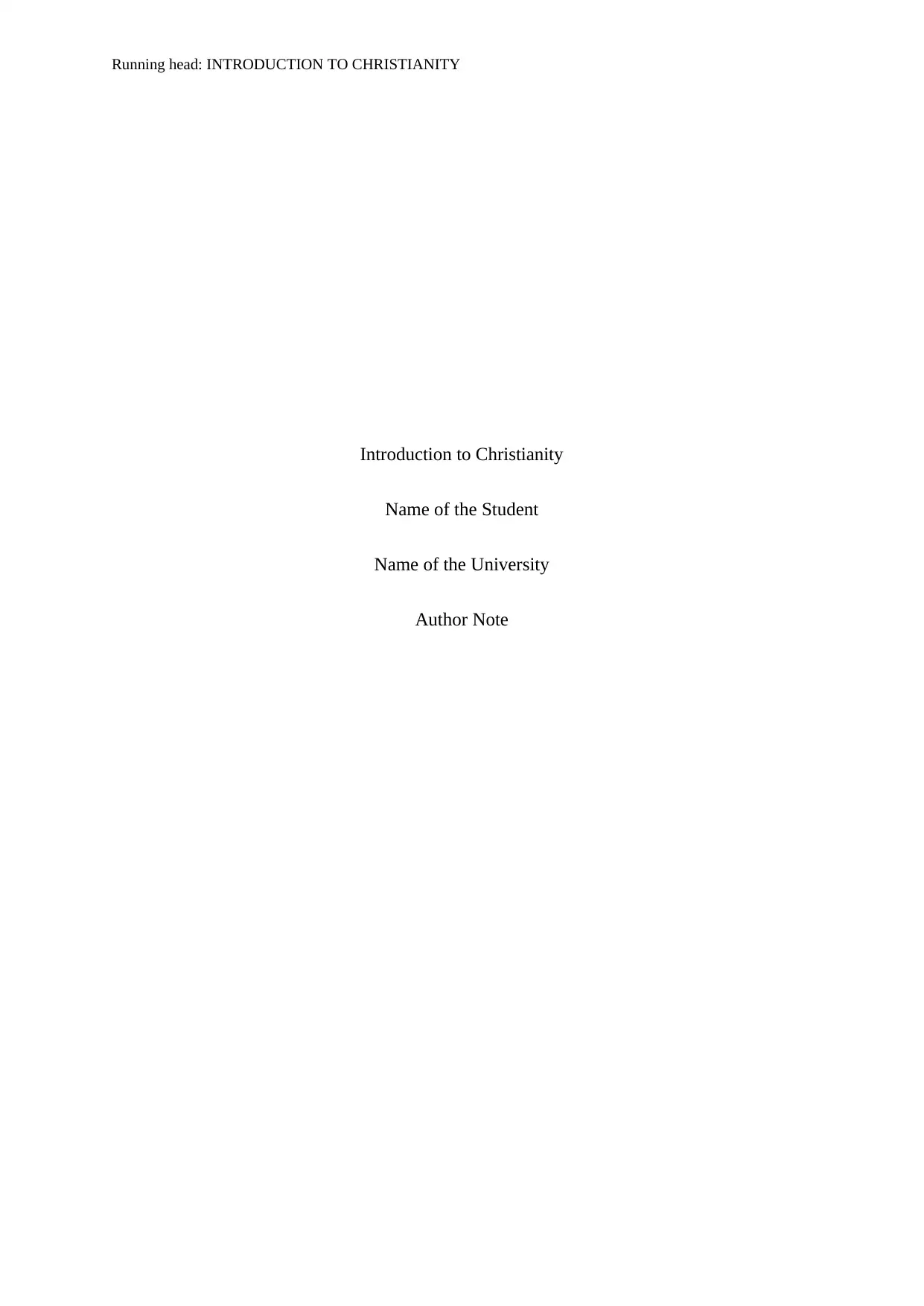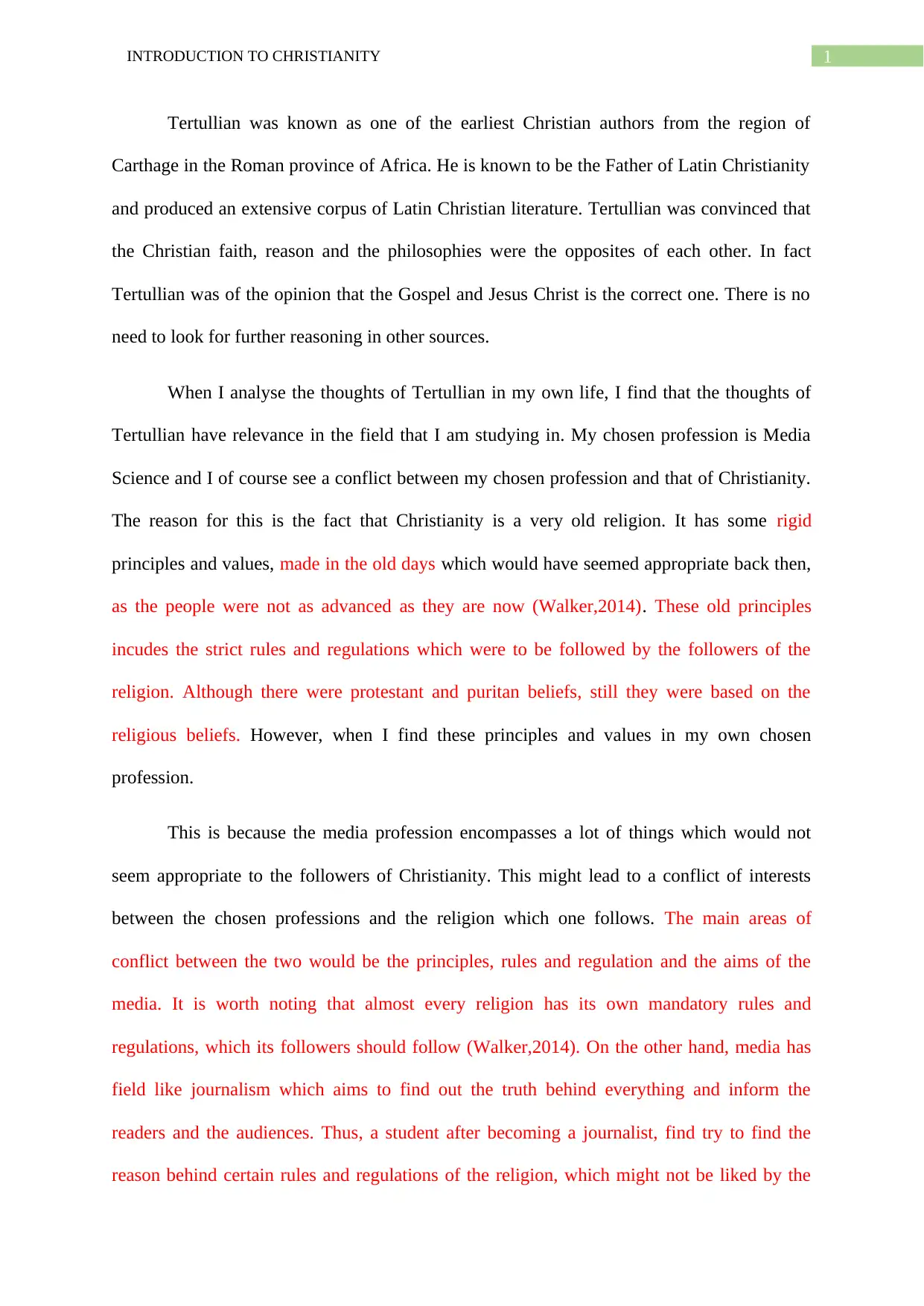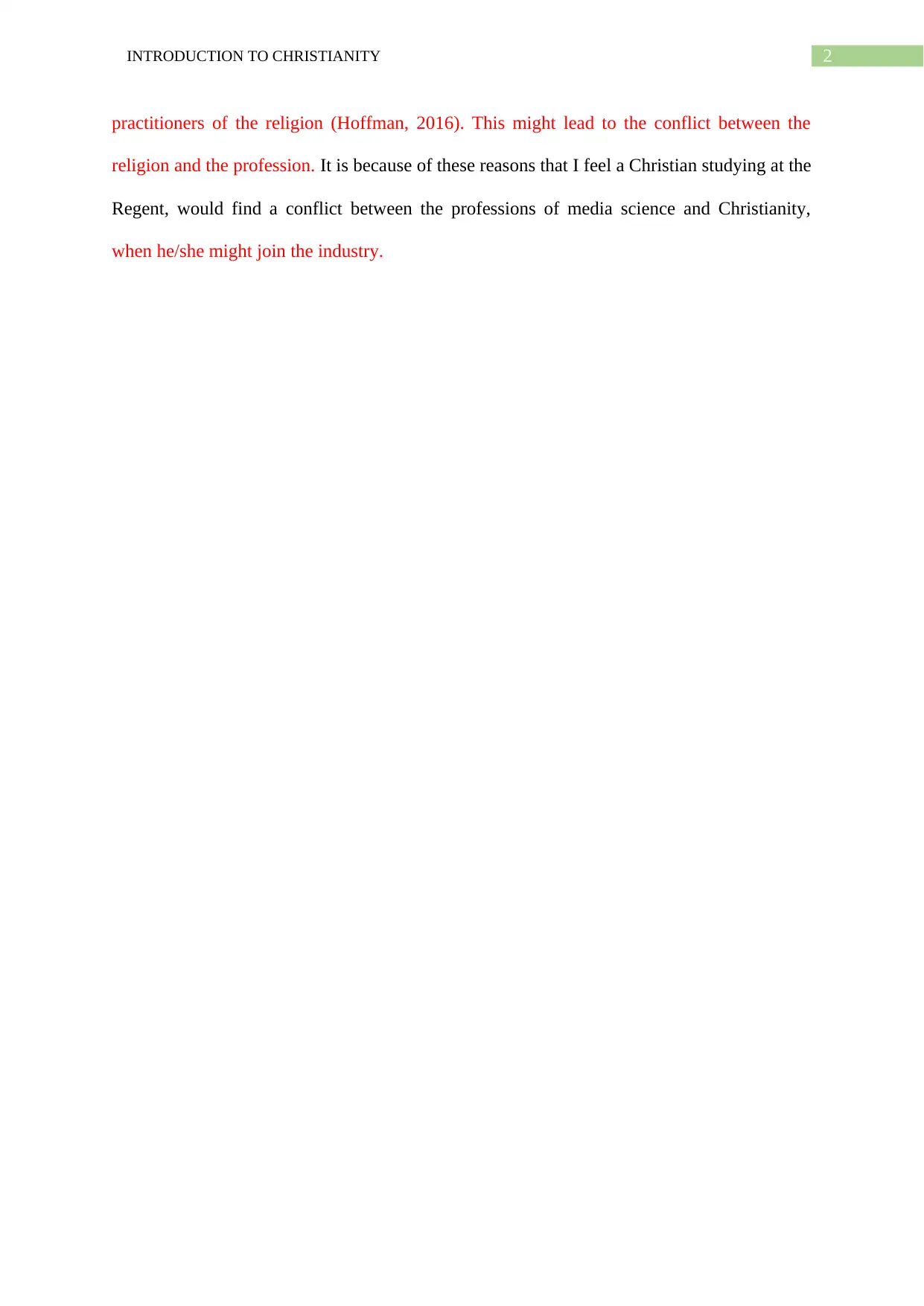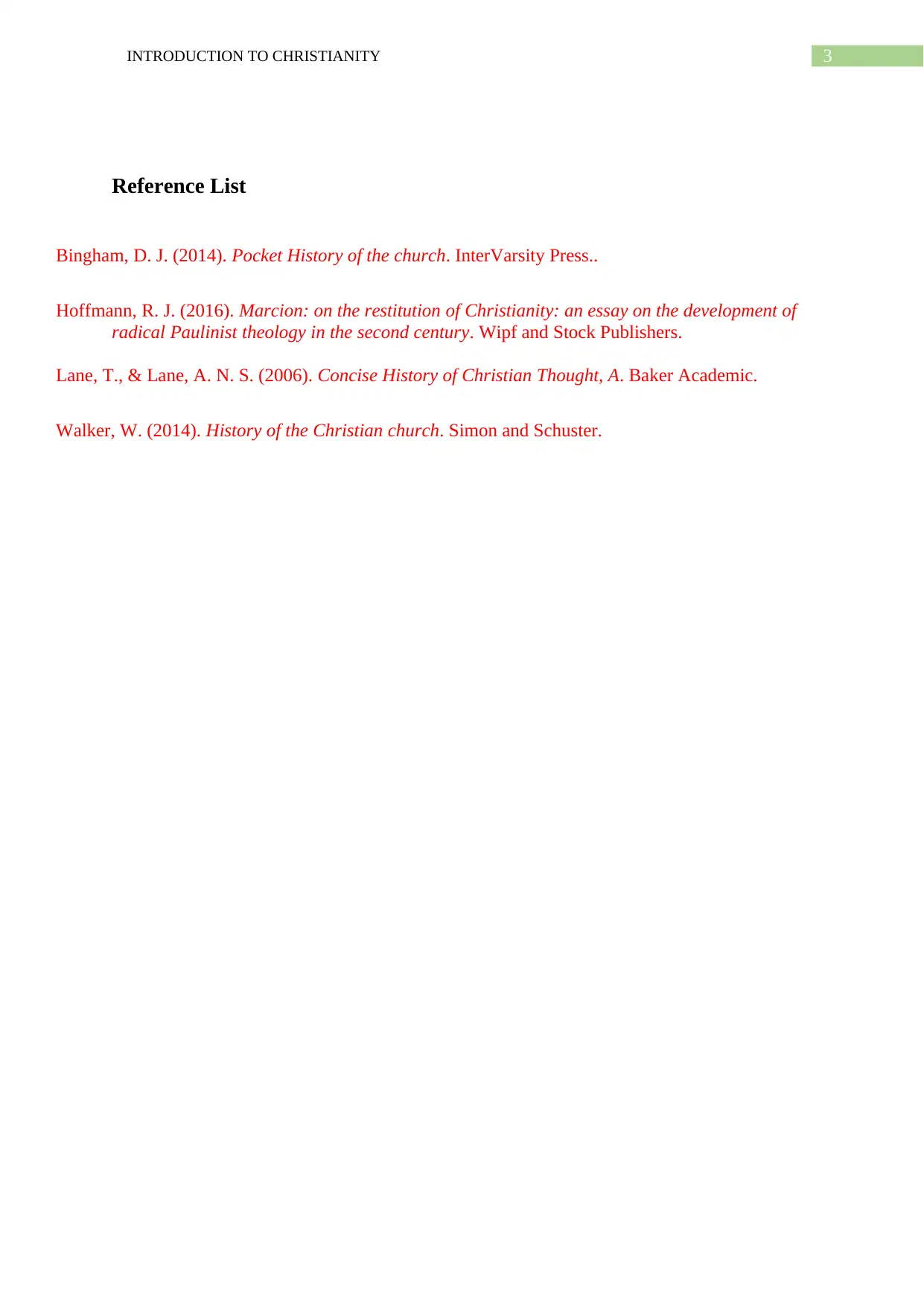Christianity and Media Science: Conflict Analysis Essay
VerifiedAdded on 2022/09/23
|4
|578
|22
Essay
AI Summary
This essay delves into the conflict of interests between Christianity and Media Science, focusing on the perspective of a student at Regent University. The author begins by introducing Tertullian and his views on the relationship between Christian faith and reason, and then relates these ideas to the author's chosen field of Media Science. The essay explores the potential conflicts between Christian principles, rules, and regulations and the practices within the media industry, such as journalism. The author highlights how the pursuit of truth in journalism might clash with the rigid adherence to religious doctrines. The essay examines the challenges that a Christian student might face when entering the media profession and the potential for conflicting values and expectations. The essay uses references such as Bingham, Hoffmann, Lane, and Walker to support the arguments and provide a well-rounded analysis of the subject.
1 out of 4





![[object Object]](/_next/static/media/star-bottom.7253800d.svg)